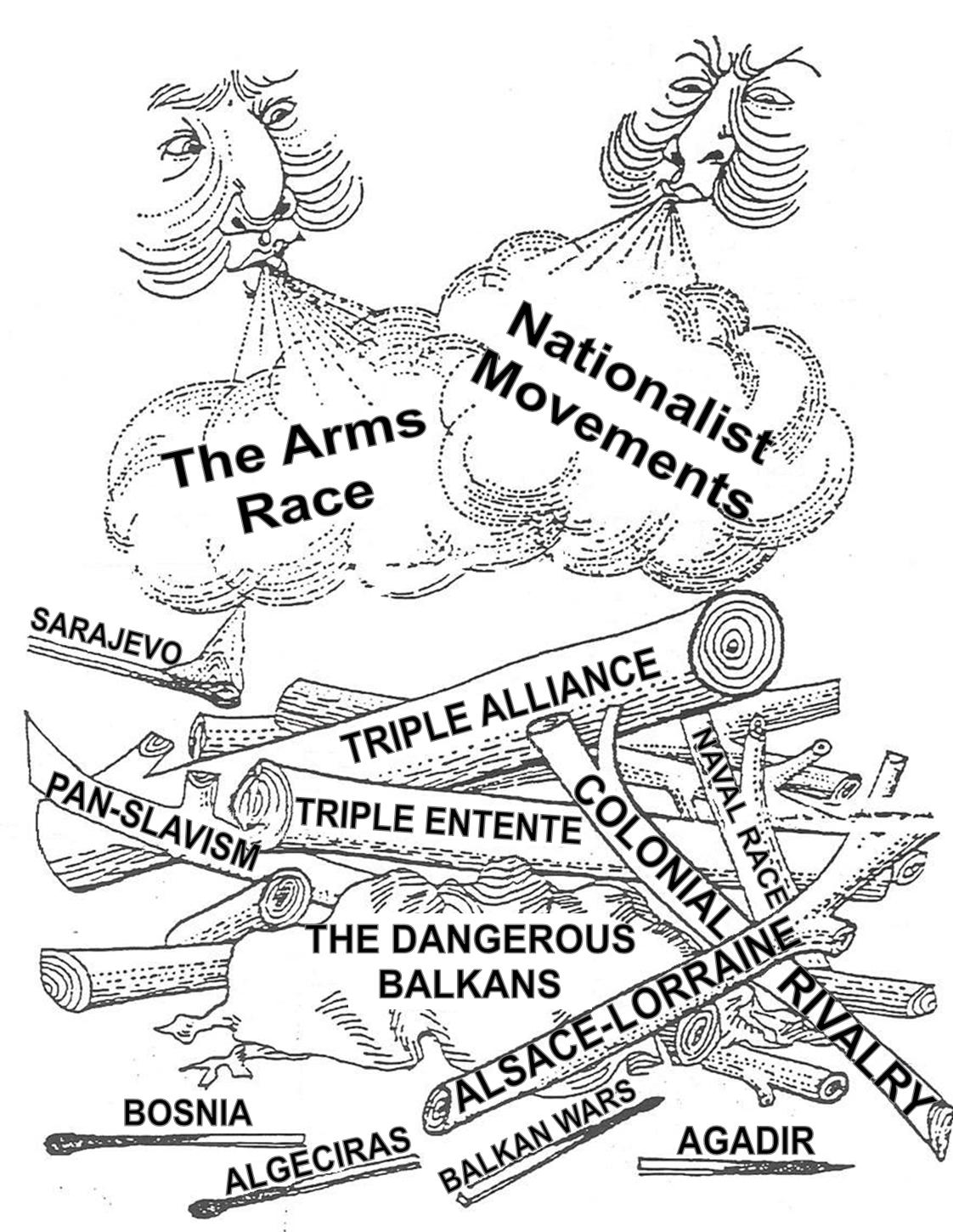
The Russian Revolution took place in 1917. It was led by Vladimir Lenin. The word revolution means change so obviously the Russians had a revolution because they wanted a change in their nation. The Russian Revolution had taken place during World War I. It was Czar Nicholas II that brought Russia into the war. While the Russians were cold and starving in the years 1916-1917, Nicholas just kept sending troops to war. That is one reason for why people wanted a change in the government. They didn't want to keep starving. That wasn't the worst part. The Russian economy was going downhill at the time. With food shortages, the prices for food went up. This led workers to go on strike so that their wages would increase. In 1917, those who were on strike marched through the streets of Petrograd breaking shop windows and yelling out anti-war slogans. Peasants were also greatly affected because they were already poor.
While the Russians were starving at home, the troops were dying at war. Since Russians weren't equipped with the necessary supplies they needed to fight at war, many troops were dying, getting injured, and getting captured by the enemy. How were they supposed defeat the enemy if their military skills and equipment were lacking? The Russians probably had this in their heads during the Russian Revolution. I don't blame them for deciding to revolt. Nicholas II left the throne in February 1917. This tells us that a main cause of the revolution had to do with the way Russia's condition was politically. Their condition economically wasn't so great either. Vladimir Lenin created the slogan "Peace, Land, and Bread" because he promised Russia these three things. He promised them peace because the Russians weren't at rest. They were fighting World War I for a few years now. Lenin promised them land because having land back then allowed you to be successful. It was essential. Lenin promised Russia bread because, as I said before, they were in a famine, meaning there were food shortages. They were suffering through starvation.
